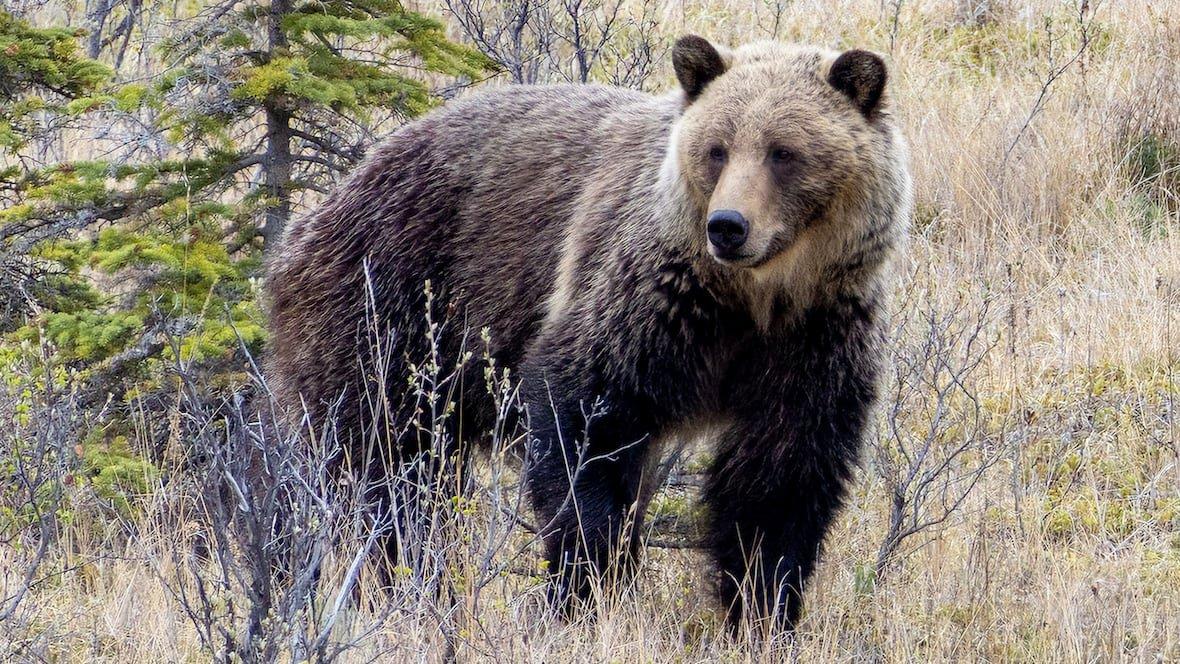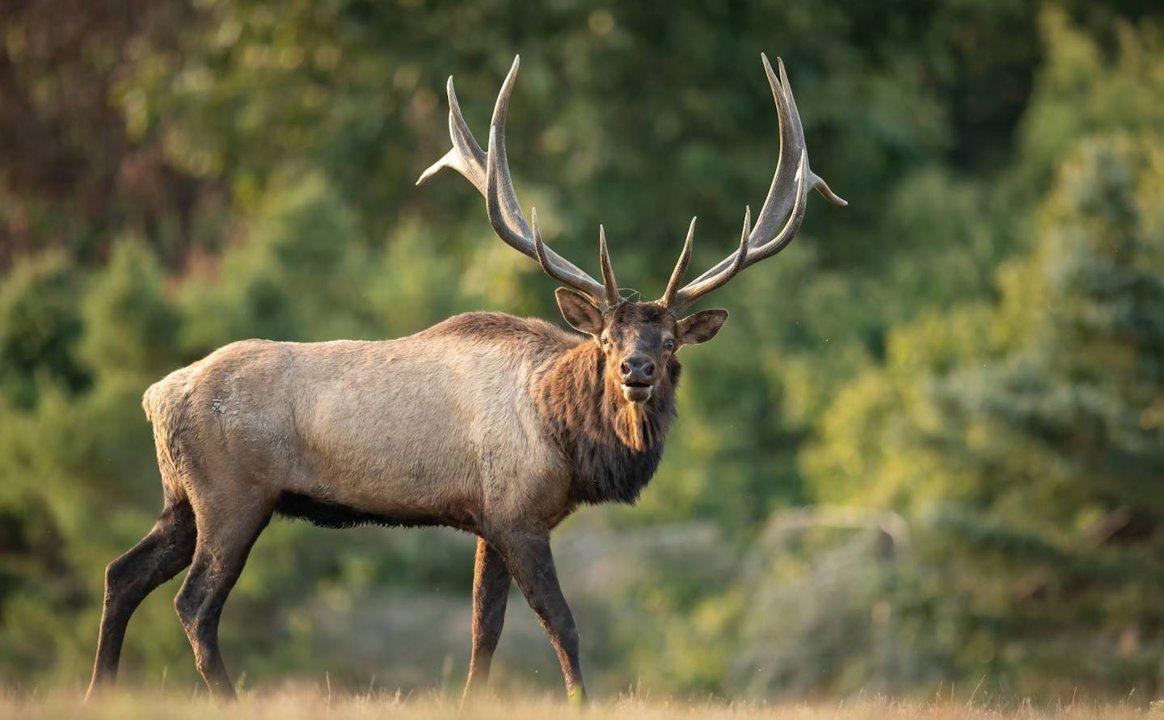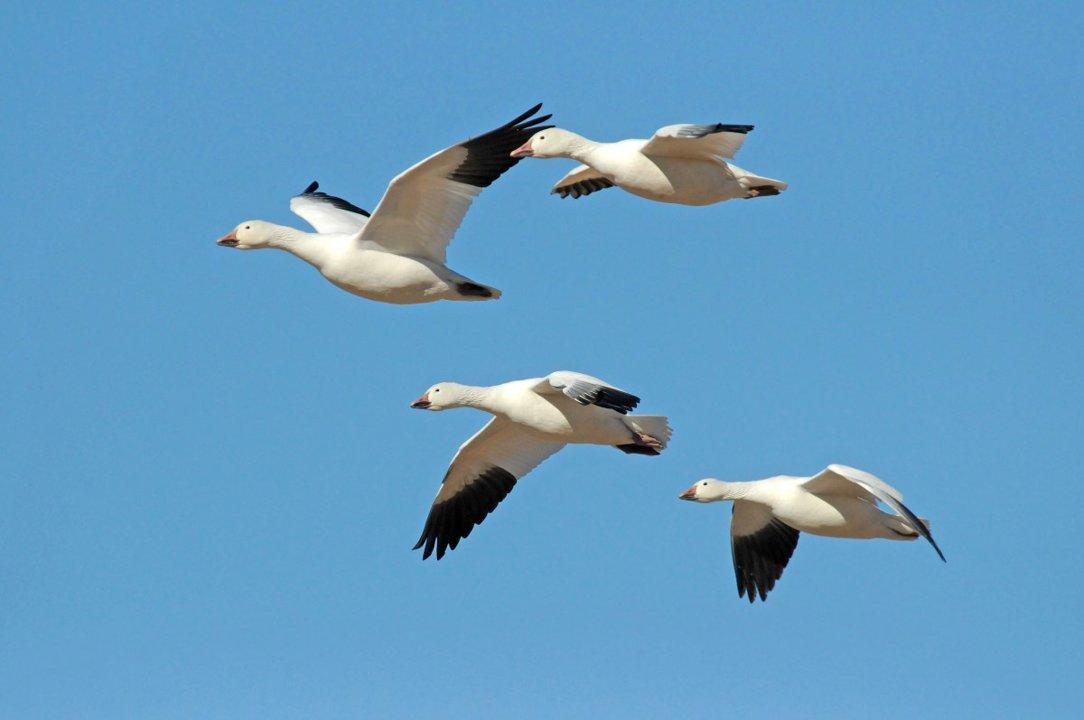Post
Low Water Levels on Mackenzie River Disrupt Fall Hunting in N.W.T.
Hunters in the Northwest Territories are facing serious challenges this fall as historically low water levels on the Mackenzie River make travel dangerous and unpredictable. Climate change, El Niño patterns, and upstream dams are contributing to the crisis, forcing many to abandon traditional hunting routes. 🌊 River Conditions Reach Critical Low Wilbert Antoine, a Łı́ı́dlı̨ı̨ Kų́ę́ First Nations hunter from Fort Simpson, says this fall marks a dramatic shift in river accessibility. “We’re probably about 10 feet lower than normal,” he said, describing a massive sandbar that now blocks the boat launch—something he’s never seen before. Antoine, who typically hunts by boat in the fall, has only ventured out once this season. Without a jet boat, navigating the Mackenzie River has become perilous. “It’s astonishing,” he said, noting that many hunters are now forced to seek game in unfamiliar areas. 🌡️ Climate Change and El Niño to Blame Hydrologist Ricky Schott attributes the low water levels to a combination of climate change, shifting El Niño patterns, and upstream hydroelectric dams. These factors have altered precipitation and runoff patterns, reducing the river’s flow and exposing hazards like sandbars and shallow channels. The Mackenzie River, one of Canada’s longest and most vital waterways, has seen declining water levels in recent years. This fall’s conditions are among the worst, impacting not only hunters but also transportation and community access. 🧭 Hunters Forced to Reroute For many in the Dehcho region, fall hunting is a cultural and subsistence tradition. With river travel now unreliable, hunters must adapt by traveling overland or targeting different areas—often with less success and more risk. Antoine emphasized that the situation is not just inconvenient but dangerous. “If you don’t know the river well, you could get stuck or damage your boat,” he said. The unpredictability of the river’s depth and terrain has made planning nearly impossible. 🛑 Broader Impacts on Northern Communities The low water crisis affects more than just hunters. Barging routes have been disrupted, and emergency services face delays in reaching remote areas. Communities that rely on river access for supplies and mobility are increasingly isolated. Local leaders are calling for better monitoring and long-term planning to address the environmental shifts. As climate patterns continue to evolve, the Mackenzie River’s future remains uncertain—and so does the way of life for those who depend on it.
Oliver Wilson
No comments yet
See other news Canada: all about hunting and fishing, news, forum.

Alberta confirms first grizzly bear killed under new Wildlife Management Responder Network Alberta’s government has confirmed that a grizzly bear was lethally removed b
29 October 7:22

Alberta Joins Global Conservation Group: What It Means for Hunters Alberta becomes the first North American jurisdiction to join the International Council for Game and
23 October 9:45

71-Year-Old Man Fatally Shot During Hunting Trip in Northern Ontario A 71-year-old man from Greater Napanee, Ontario, was shot and killed during a hunting trip near Kea
23 October 9:41

Assiniboia Man Charged with Illegal Elk Hunting in Northern Saskatchewan A man from Assiniboia, Saskatchewan, faces charges after conservation officers discovered a dea
22 October 23:06

Saskatchewan Wildlife Scandal: 142 Migratory Birds Found Dumped Near Patience Lake Conservation officers in Saskatchewan are investigating the illegal dumping of 142 mi
22 October 22:27
UH.APP — Social media network and application for hunters